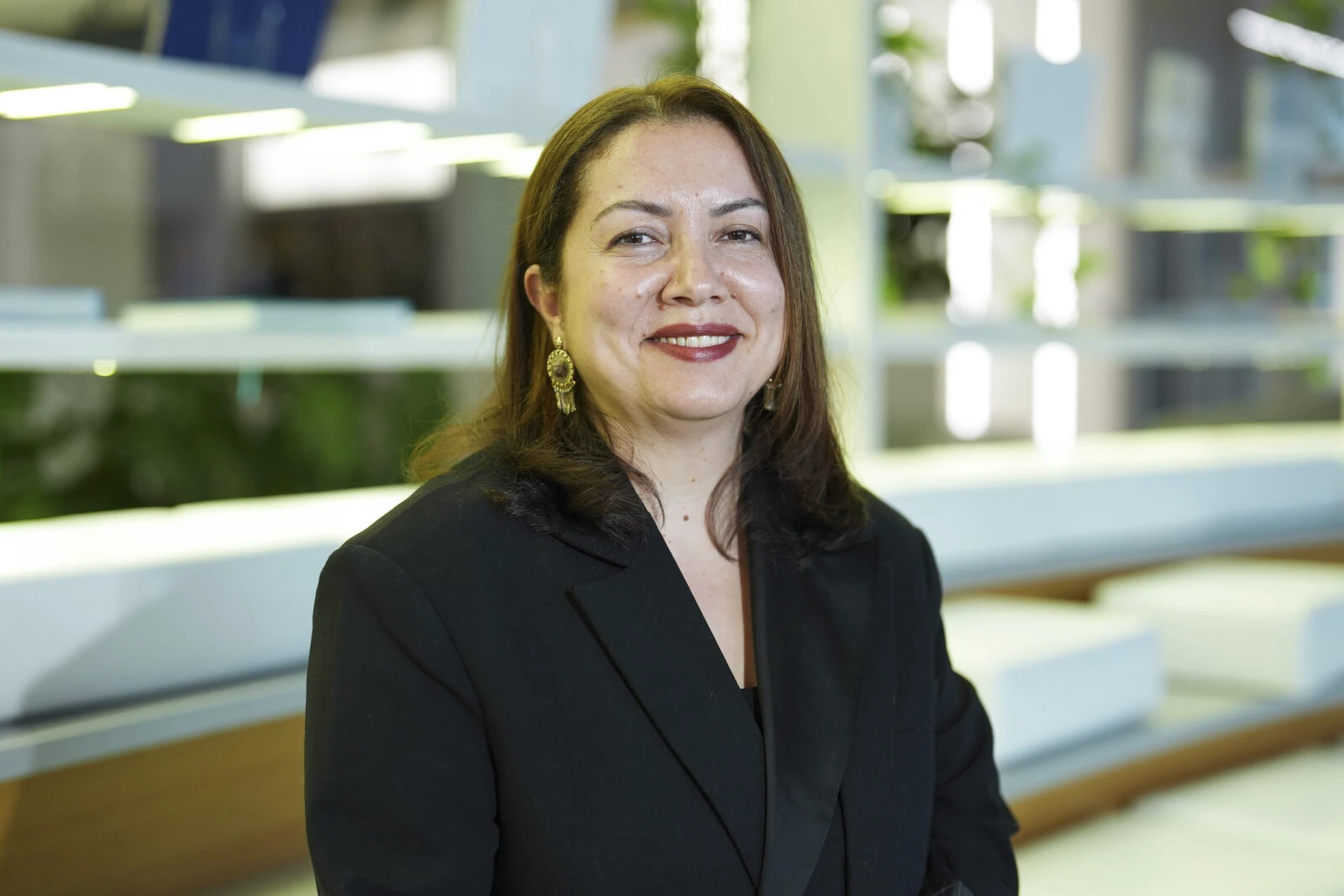Are young people losing their linguistic skills? Experts warn of alarming trend
 Top view of young friends' hands using mobile phones at a cafe. (Adobe Stock Photo)
Top view of young friends' hands using mobile phones at a cafe. (Adobe Stock Photo)
The rise of digital communication is leading to a sharp decline in vocabulary among young people, which in turn is negatively impacting their cognitive abilities, experts warn.
Professor Deniz Melanlioglu, a faculty member at Istanbul University’s (IU) Department of Linguistics, emphasized the alarming trend: “Young people today use a very limited number of words. They often shorten words when expressing themselves. If we lack a rich vocabulary, we also lack sufficient capacity for critical and creative thinking.”
A language shaped by geography and history
Speaking to Anadolu Agency on the occasion of International Mother Language Day, Professor Melanlioglu highlighted the fundamental role of geography and history in shaping a language.
“Geographical conditions influence human physiology and the development of vocal organs. Some sounds that exist in Turkish, such as ‘ü, ö, i,’ do not appear in other languages. Likewise, the guttural ‘h’ sound is challenging for Turkish speakers due to anatomical factors. Over centuries, language is shaped by how people interpret and define their environment,” she explained.
Melanlioglu also noted the socio-cultural factors that influence language evolution. “For instance, in early Turkic societies, horses were central to daily life, so the language had many words related to horses. However, as modern life has changed, the vocabulary related to horses has significantly diminished,” she added.

Is Turkish language at risk?
Despite global threats to linguistic diversity, Melanlioglu believes that Turkish remains protected. She emphasized that strong educational policies are key to preserving a nation’s language and identity.
“Being a nation starts with having a collective identity, and language is the primary unifying factor. Without a shared language, individuals remain isolated as ‘I’ rather than forming a ‘we.’ If a society loses its language, it risks losing its national identity as well,” she warned.
She pointed to positive steps in Türkiye’s education system, such as requiring students to repeat a grade if their Turkish language skills fall below a certain level. Additionally, Türkiye’s Ministry of Education has developed programs to help Turkish children abroad maintain their native language.
Thousands of languages face extinction
According to UNESCO, more than 7,000 languages are spoken worldwide, but many are at risk of extinction. “This is not just an issue for small indigenous languages. Even in Europe, many languages are struggling to survive. Institutions such as the European Council are actively working to prevent linguistic extinction,” Melanlioglu noted.
While Turkish remains one of the widely spoken languages across Asia, Africa, and the Balkans, it does not have the same global influence as English, Chinese, or French. “The widespread use of these languages is largely due to colonial history and population size rather than linguistic superiority,” she remarked.

Should foreign words in Turkish be a concern?
Language evolution is inevitable, and borrowing words from other languages is a natural process, Melanlioglu argued.
“Throughout history, Turkish has absorbed words from Arabic, Persian, and French. Take the word ‘merdiven’ (staircase) for example—it originated from Persian but has been adapted to fit Turkish phonetics. If a word conforms to our language’s sound rules, it becomes part of our vocabulary,” she explained.
Impact of social media on language
Digitalization has had a profound effect on language use, particularly among young people. Social media has introduced a more condensed form of communication, reducing the variety of words people use in daily interactions.
Melanlioglu warned that this trend could have significant cognitive consequences: “Language is the foundation of thought. If we do not possess a rich vocabulary, we cannot fully develop our ability to analyze, criticize, and create. To preserve our native language and pass it on to future generations, we must actively expand our vocabulary.”
She stressed the importance of initiatives aimed at enriching linguistic skills, highlighting that efforts to enhance vocabulary are crucial for maintaining both cultural heritage and intellectual development.



